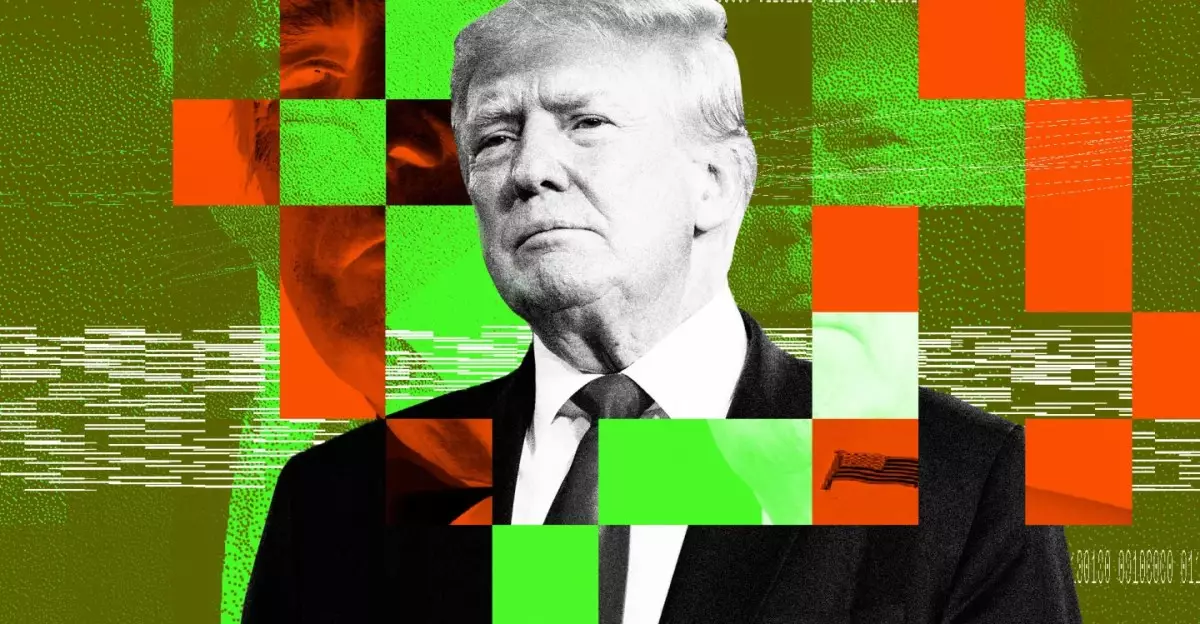The recent suspension of student visa interviews by the State Department has cast a long shadow over the dreams of countless international scholars, leaving them in a state of uncertainty. As the academic world becomes increasingly interconnected, the decision to halt these critical interviews signals a worrying trend that could stifle educational exchange and dampen the spirit of collaboration among nations. This halt, spearheaded by the Trump administration, raises pressing questions about the future of global education and the rights of students.
A Legal Challenge to the Status Quo
In a bold move, fifteen Iranian students and researchers have filed a lawsuit against Secretary of State Marco Rubio, asserting that the pause on visa interviews violates the Administrative Procedures Act. This legal challenge highlights the serious ramifications of abruptly halting visa processes without due regard for established protocols. The plaintiffs, who’ve earned placements at prestigious institutions like Yale and Ohio State, have already navigated the complex web of interview processes, only to find their aspirations stalled indefinitely. Their frustration underscores a larger narrative: the intertwining of national security and academia should not come at the cost of promising futures.
Targeted Vetting: A Double-Edged Sword
The requirement for visa applicants to disclose their social media handles—a policy instituted in May 2019—reflects heightened scrutiny of individuals from certain countries, particularly those deemed politically sensitive. However, analysts argue that this invasive vetting process not only infringes on personal privacy but also disproportionately targets specific groups. Critics contend that this system acts as a political filter, undermining the principles of academic freedom and inclusivity. As students from countries like Iran face excessive scrutiny, the overall effect could be a chilling impact on intellectual diversity within U.S. institutions.
Political Motives Behind the Policy
The student visa saga extends beyond bureaucratic tangles; it illustrates the Trump administration’s broader agenda towards academia and international collaboration. By enacting stringent measures against not just Iranian, but also Chinese students, and those engaged in political activism such as pro-Palestine protests, the administration seems to blur the lines between education and geopolitical standoffs. This politicization of student visas poses significant risks—not only to the fabric of American institutions but also to the reputation of the U.S. as a haven for scholars globally.
The Stakes for American Academia
As the State Department’s actions threaten to reshape the landscape for international students, the repercussions for American universities could be severe. The influx of diverse perspectives and innovative ideas from global scholars enriches educational environments— a key factor in fostering creativity and problem-solving among students. If the current trajectory continues, American academia risks losing its status as a premier destination for talent, potentially leading to a brain drain that would irreparably harm its research and innovation capabilities.
In essence, the suspension of student visa interviews is more than a mere policy change; it is a stark reminder of the sociopolitical undercurrents affecting education today. As aspiring scholars navigate this new landscape of uncertainty, it becomes evident that the pursuit of knowledge is increasingly entangled in the complexities of security and politics.

